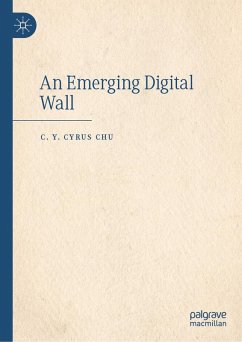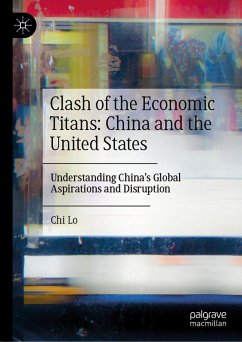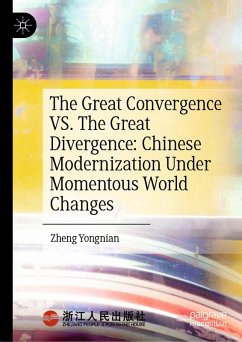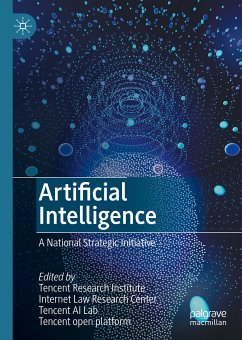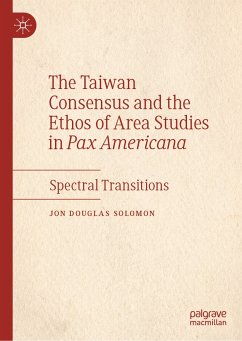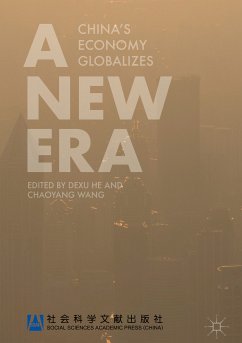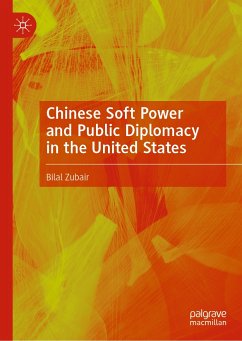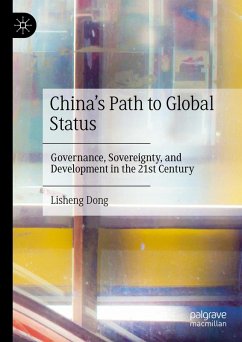
China's National Innovation System (eBook, PDF)
Industrial Policy, Funding Mechanisms and Foreign Investment
Versandkostenfrei!
Sofort per Download lieferbar
96,95 €
inkl. MwSt.
Weitere Ausgaben:

PAYBACK Punkte
48 °P sammeln!
China abruptly became the second largest economy and, at the same time, the second largest R&D spender in the world, aiming openly to become an innovation powerhouse that holds the edge in critical technologies. The significant consequences on global trade flows, international security, governance and economy are increasingly drawing the attention of policymakers, academics, and industry leaders worldwide. The study highlights the main characteristics and trends of the national innovation system in China, as well as its strengths, challenges, and prospects. It examines in detail public policie...
China abruptly became the second largest economy and, at the same time, the second largest R&D spender in the world, aiming openly to become an innovation powerhouse that holds the edge in critical technologies. The significant consequences on global trade flows, international security, governance and economy are increasingly drawing the attention of policymakers, academics, and industry leaders worldwide. The study highlights the main characteristics and trends of the national innovation system in China, as well as its strengths, challenges, and prospects. It examines in detail public policies, funding mechanisms for innovation, inbound and outbound FDI, IPR mechanisms, public perception towards technology, priority industries, and other factors. It thus identifies the main innovative actors of the system, including government, industry and research institutions, highlighting the patterns of interaction among them. The findings are showcased in a focused case study on the AI industry and further serve to advance policy recommendations for the EU.
Traditionally, China has made more effort and has achieved better results in understanding and learning from 'the West'. It is now vital for other countries to better understand China.
Traditionally, China has made more effort and has achieved better results in understanding and learning from 'the West'. It is now vital for other countries to better understand China.
Dieser Download kann aus rechtlichen Gründen nur mit Rechnungsadresse in A, B, BG, CY, CZ, D, DK, EW, E, FIN, F, GR, HR, H, IRL, I, LT, L, LR, M, NL, PL, P, R, S, SLO, SK ausgeliefert werden.



